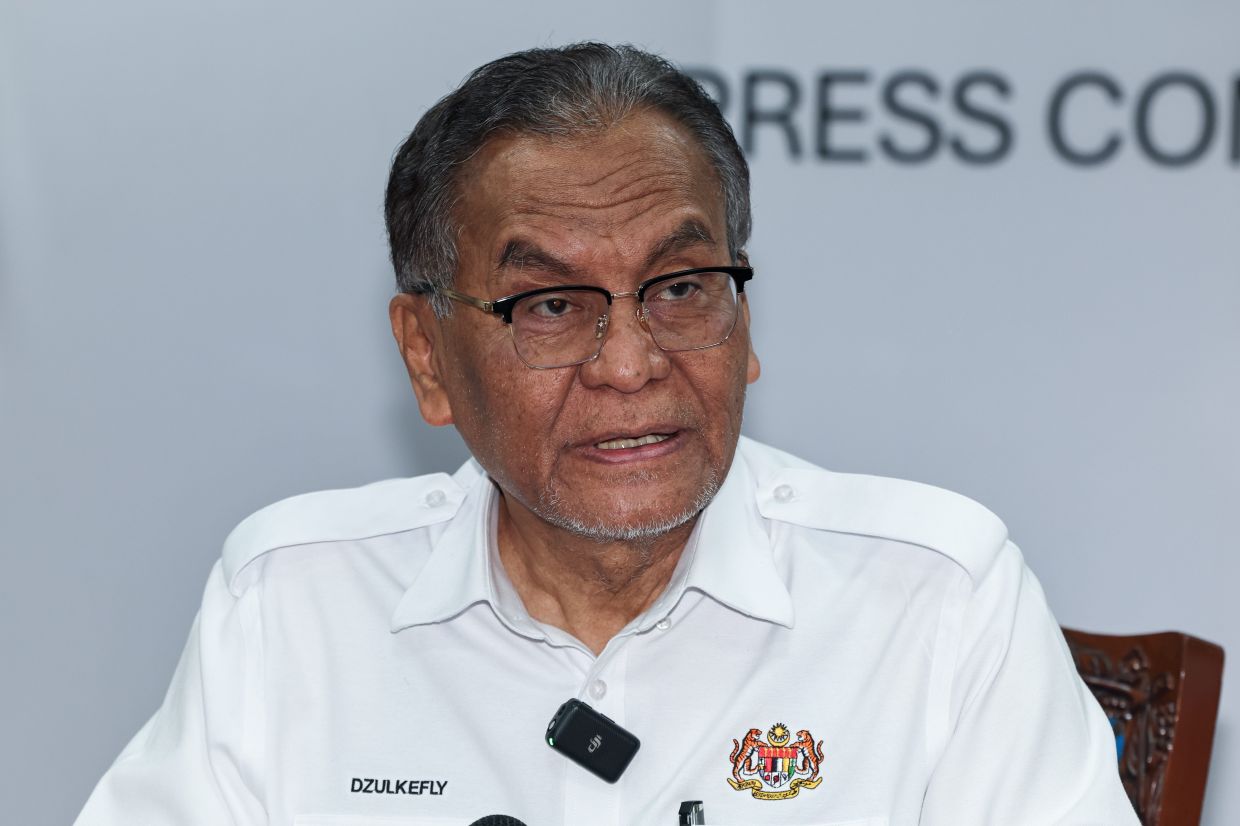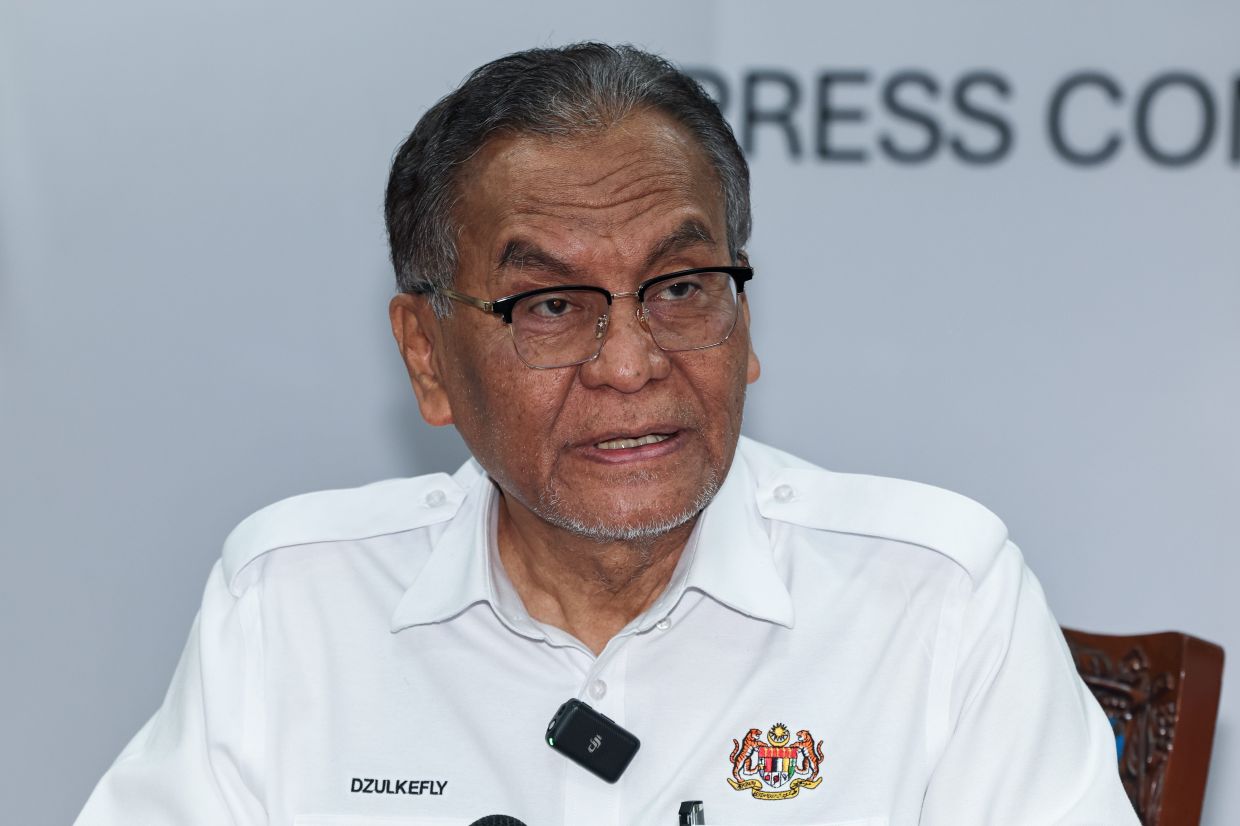
KUALA LUMPUR: The recently announced Rakan KKM initiative is not a form of healthcare privatisation, says Health Minister Datuk Seri Dr Dzulkefly Ahmad.
He said that it is a government-owned and controlled public initiative designed to support and complement the existing healthcare system.
In a post on X (formerly known as Twitter) on Monday (July 14), Dzulkefly addressed concerns from various quarters that feared that the incorporation of Rakan KKM Sdn Bhd signalled a move towards the privatisation of public health services.
“For those who have tagged me with their concerns, I hope the following clarification resolves this conclusively although I have my anxieties or doubts, especially at a time when many are only keen to read headlines,” he said.
He explained that Rakan KKM Sdn Bhd is 100% owned by the Minister of Finance Incorporated (MoF Inc).
“Ownership of Rakan KKM remains with the government, directly or through GLICs, throughout its operations,” said Dzulkefly.
He said that ownership would still remain within the government’s framework even when government-linked investment companies (GLICs) become involved later through equity stakes.
Dzulkefly added that the Health Ministry is the regulatory authority overseeing critical decisions related to Rakan KKM.
He then said that its funding is entirely from public sources, with RM25mil seed funding provided by the Finance Ministry, and potential scale-up funding from GLICs in Phase 2.
As for profit distribution, Dzulkefly said that it would go back to the government or GLICs and not private individuals and added that any excess revenue would be used to cross-subsidise services for all public patients.
He said that Rakan KKM was established to achieve five key public-interest goals; to provide value-based, premium economy healthcare in response to rising medical costs, to subsidise care for public patients using excess revenue, and to support ministry healthcare workers by offering them additional income opportunities.
It also aims to serve as a benchmark for healthcare pricing to moderate inflation, and to offer returns to government-linked shareholders, ensuring the initiative’s long-term sustainability.
Dzulkefly also addressed questions regarding why Rakan KKM is licensed under the Private Healthcare Facilities and Services Act 1998 (Act 586), often associated with private entities.
He explained that the law was designed to accommodate government corporate bodies providing healthcare services, ensuring a level playing field when they operate alongside private hospitals.
“This is important to ensure a level playing field with the private sector, especially if Rakan KKM is to play a role as a price benchmark,” he said.
He added that the Act clearly distinguishes incorporated government healthcare providers from privatised ones.
Dzulkefly also acknowledged the complexity of the subject and pledged to explain it further through infographics in the near future to ensure better public understanding.






